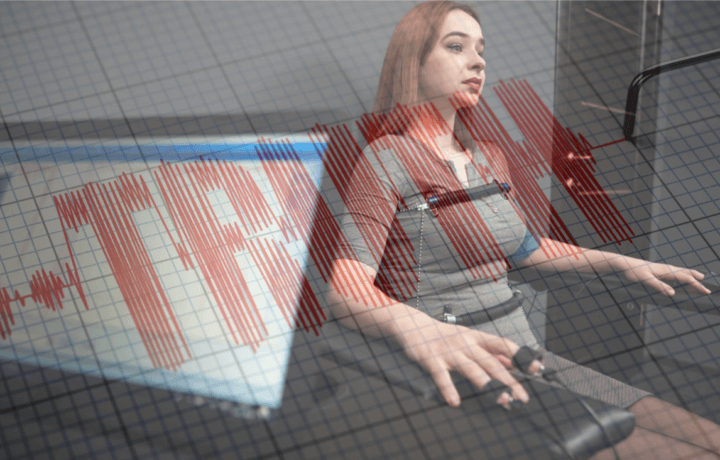I sat down with a former government polygraph examiner to see what information I can pass along to our readers. We explored some commonly-asked questions that polygraph examiners get. Previously, we asked if examiners are trained to recognize lying versus nervousness when sitting for a polygraph. This next question is focusing specifically on the nerves and what to do to keep those at bay to get the most accurate read on distinguishing those nerves.
Q: Can you give those who are strapping into the chair tips on how to calm nerves?
A: “It is false information that people need to calm themselves down (calm nerves) while taking a polygraph. The reality of it is, you are taking a polygraph, you are going to be nervous!
Here are three tips to navigate the process.
- Be Honest.
- Talk about any concerns you have whether you think it is relevant to the polygraph or not.
- Follow your examiners instructions.
You are still going to be nervous, but those nerves do not impact your polygraph examination. One extra tip I can give: The organization administering your examination will give you reporting instructions.
Follow those. They will not lead you wrong.
Polygraph Pressure
What I love that was touched on from this examiner’s perspective is that examiners are well aware that nerves are going to be present. What I have found to be taboo is the idea that doing these exams every few years would lessen the nerves or somehow get used to being personally invaded. It’s hard to imagine that …”those nerves do not impact your polygraph examination” but I have to trust that with their psychology training they are able to fully identify those nerves.
The concept is scary and while we all recognize the responsibility that comes with holding a polygraph clearance, we also are understanding the necessity given the scope of work we are doing. The headache around these additional layers of security isn’t what drives the headache – it’s the added pressure we put on ourselves to ensure the answers we are giving are clear and honest. It’s an honor to do the work we do, and all we want to do is make sure we are staying within the ethical guidelines to be afford the opportunity to continue the work.



